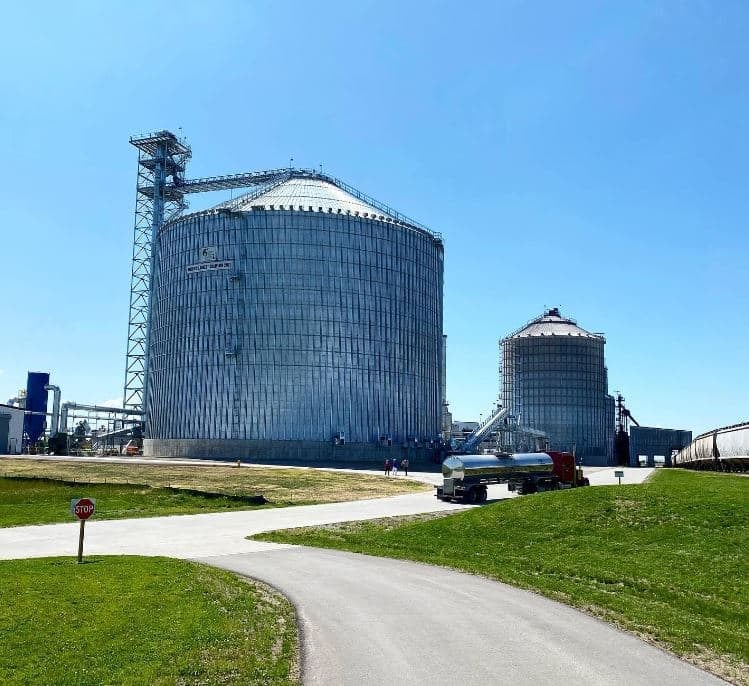EPA Agrees to Set 2023 Biofuel Requirements

WASHINGTON — The Environmental Protection Agency has agreed to propose 2023 renewable fuel volume requirements by Nov. 16, and finalize them no later than June 14, 2023, to settle a lawsuit over delays in setting the totals under the Renewable Fuel Standard Program.
The announcement of the consent decree is a major victory for Growth Energy, a biofuels industry group that sued the EPA in April. The U.S. District Court for the District of Columbia is expected to approve the agreement later this month.
The Renewable Fuel Standard is a federal program that requires each gallon of transportation fuel sold in the United States to contain a minimum volume of renewable fuels. Each renewable fuel category in the RFS program must emit lower levels of greenhouse gases relative to the petroleum fuel it replaces.
Under the standard, the volume of renewable fuel in the mix is supposed to go up each year, with the EPA establishing the volume requirements for each category based on the Energy Independence and Security Act of 2007 and fuel availability.
The EPA tracks compliance through the Renewable Identification Numbers system, which assigns a RIN to each gallon of renewable fuel.
Parties subject to the Renewable Fuel Standard can meet their renewable volume obligations by either selling required biofuel volumes or purchasing RINs from parties that exceed their requirements.
Failure to meet requirements results in a significant fine.
The problem for practically everyone involved in the biofuels sector is the announcement of the renewable volume obligation has been repeatedly delayed in recent years.
For 2023 and beyond, under the RFS, the EPA — in coordination with the U.S. Departments of Energy and Agriculture — is required to set renewable fuel volume requirements through rulemaking, taking into consideration six statutory factors, including environmental, economic and energy security.
Emily Skor, CEO of Growth Energy, called the agreement with the EPA on a set deadline for the 2023 renewable fuel volume requirements “an important milestone in setting the pace for growth as we usher in a new era of the RFS.”
“Growth Energy has led the charge in holding EPA accountable, including our April 2022 lawsuit against EPA for missing its statutorily mandatory deadlines,” she said. “This recent agreement, one that is bound by court order and that avoids the uncertainty of continued litigation, ensures the certainty of the 2023 RFS requirements and further underscores Growth Energy’s steadfast commitment to keeping the RFS on sound footing now and into the future.
“Growth Energy will continue to lead engagement with EPA as it develops its proposal, while advocating for volumes that accelerate the move toward lower-carbon, lower-cost fuel in our transportation system,” Skor added.
Growth Energy’s lawsuit alleged the EPA had failed to promulgate a rule establishing the 2023 RVOs by the statutory deadline of Oct. 31, 2021.
In late May, the agency opened a 30-day public comment period on a proposed consent decree that aimed to require the agency to release the proposed 2023 RVOs by Sept. 16, 2022, and issue a final rule setting the 2023 RVOs by April 28, 2023.
According to court documents, both parties agreed to extend those deadlines to Nov. 16, 2022, and June 14, 2023, respectively.
Dan can be reached at [email protected] and @DanMcCue
























